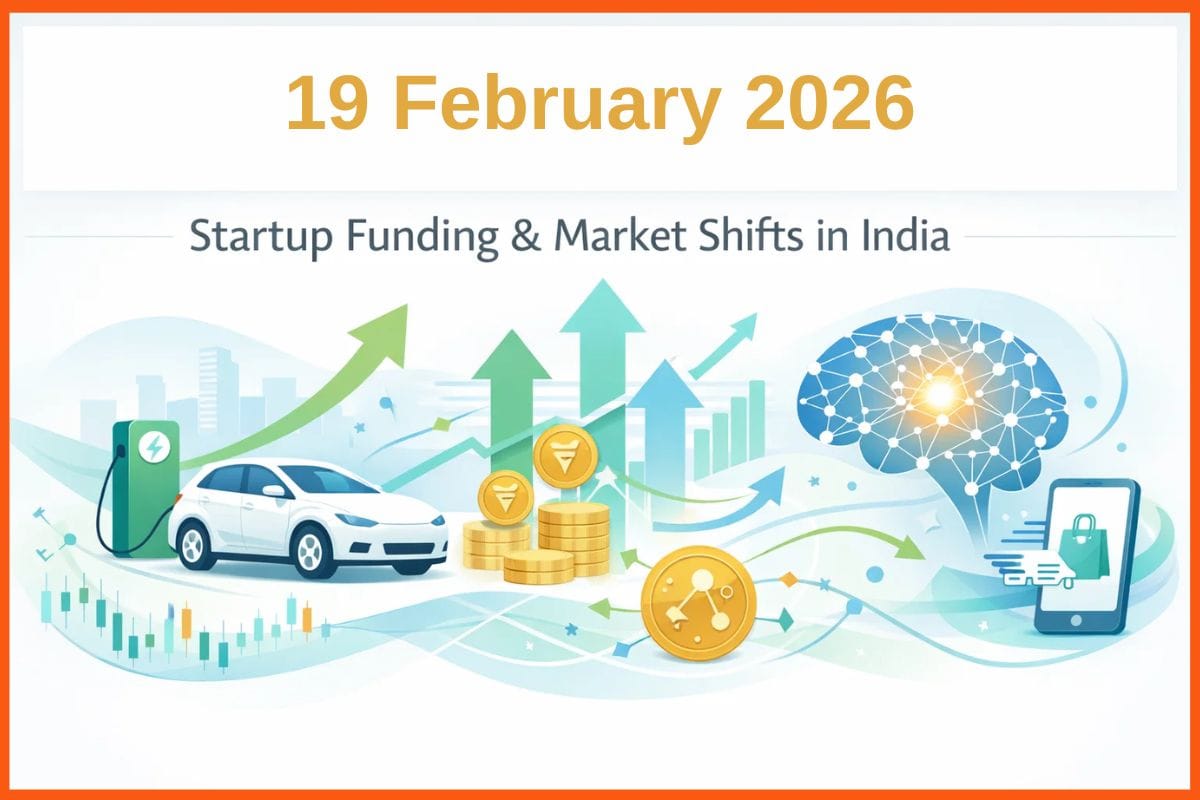How to Provide a Contactless Experience to your Customers
Collections 🗒️
As the fight against the contagious coronavirus continues, this world seems like a changed place. This pandemic is going to leave an everlasting effect on consumer behavior, with concerns shifting towards health and safety. Various guidelines have been published on how to continue with daily life without the fear of contracting the virus. This had made one thing clear- A contactless tomorrow is not just a remote possibility but is also a necessity. People are reassessing their ways of interacting with different organizations, demanding a whole new contactless experience. Here are a few practices that will help the business to ensure a contactless experience to it’s customers.
1. Contactless Deliveries
With the e-commerce organizations resuming their operations post this pandemic, consumers would feel safe with the deliveries only if it was contactless. Contactless deliveries can be executed in a myriad ways. It depends on the type of business, kind of item purchased, and environmental conditions of delivery. The organizations must be ahead of time in giving their customers a positive experience in a contactless market.
i) Gaining Consumer Trust
The organization’s first step in such unprecedented times should be to ensure its customers about the safety measures being undertaken to give them a contactless experience. Different companies must have designed their own guidelines for different scenarios, but regardless of what those guidelines might be, expectations must be established with customers much ahead of time.
ii) Clear Communication
The business must maintain clear communication about the delivery,i.e. When, where, and how the item will be delivered. Unlike normal deliveries, contactless deliveries demand more transparency. There should be alerts when the order is processed, dispatched, or delivered. In other words, there are countless scenarios in which a business can respond to different situations. But the bottom line is that there must be clear communication and specificity between the business and the consumer.
Also Read: 9 Founders Shared their tips on Surviving Coronavirus Outbreak
2. Contactless Payments
Contactless payment is a way to pay for goods and services without using credit cards, debit cards, or hard cash. Normalcy in life is surely going to be hard to achieve post-pandemic. Unlike debit cards and credit cards, contactless payments never touch the point of sales thus making it one of the safest methods of payments for the current situation. thus, creating a contactless payment market would be a wise choice for all the businesses.
Also Read: The Rise Of Digital Contactless Payments Post The COVID-19 Pandemic
i) Some Examples of Contactless Payment Providers
There are a number of ways in which proper contactless payments can be done with the help of some payment providers. Most of the organizations already use all such payment methods and for such businesses who were not using these payment methods much actively, this could be a great opportunity for introducing those features. The following are examples of different payment providers.
a) Apple Pay
Apple pay is a preprogrammed app called ‘wallet’ present on IOS mobile phones. There is no need of downloading any extra app because all of the transactions can be managed by apple pay itself. Users can feel secure using the app as it is one of the safest payment methods.
b) Samsung Pay
This contactless payment method is used py Samsung mobile users where one can carry all their debit cards, credit cards, or membership cards all in one place. It allows the user to pay online, in person, or in the app.
c) Google Pay
Google pay is another popular form of contactless payments used for users who do not have any in-built app on their mobile phones for online transactions. Users can feel confident as the transactions are protected with fingerprint, passwords, face-locks.
d) Paytm
Paytm helps the user to transfer money instantly at zero cost using the ‘Paytm wallet. This app can also be used for payments for online recharge, utility bill payments, book travel, or event tickets. The most appealing part about these payment methods is that the user gets gift coupons and vouchers regularly.
e) PhonePe
PhonePe is another famous contactless payment provider that ensures its users a seamless payment experience. Users can easily transfer money, pay utility bills, recharge phones, buy gold, and shop online as well as offline.
iii) Benefits of Contactless Payments
There are countless benefits of contactless payments not just in times like these. These payment methods, not just help the consumer but also allows the businesses in several ways.
a) It is More Secure than Regular Payment Methods
These are authenticated payment methods and are safer than regular transactions through debit and credit cards. The bank details provided by the user are encrypted which makes it hard to breach.
b) Quicker Checkouts
In this fast-tracked world, people want to get their work done faster. With contactless payments, you can speed up the check out process which benefits both the customer and the business. It rids you of returning the change and even saves you from entering pins of different devices.
c) It allows the Business to handle Customers smoothly
When a business reduces its time for completion of a transaction, it also attracts more customers. By providing contactless payments, a business can improve its customer experience and make them feel safe and confident in such hard times.
Conclusion
As we navigate this unprecedented crisis together, it’s important that all the sectors work together as a team. We hope that these research notes shed some light on the contactless customer experience.
Must have tools for startups - Recommended by StartupTalky
- Convert Visitors into Leads- SeizeLead
- Website Builder SquareSpace
- Run your business Smoothly Systeme.io
- Stock Images Shutterstock





